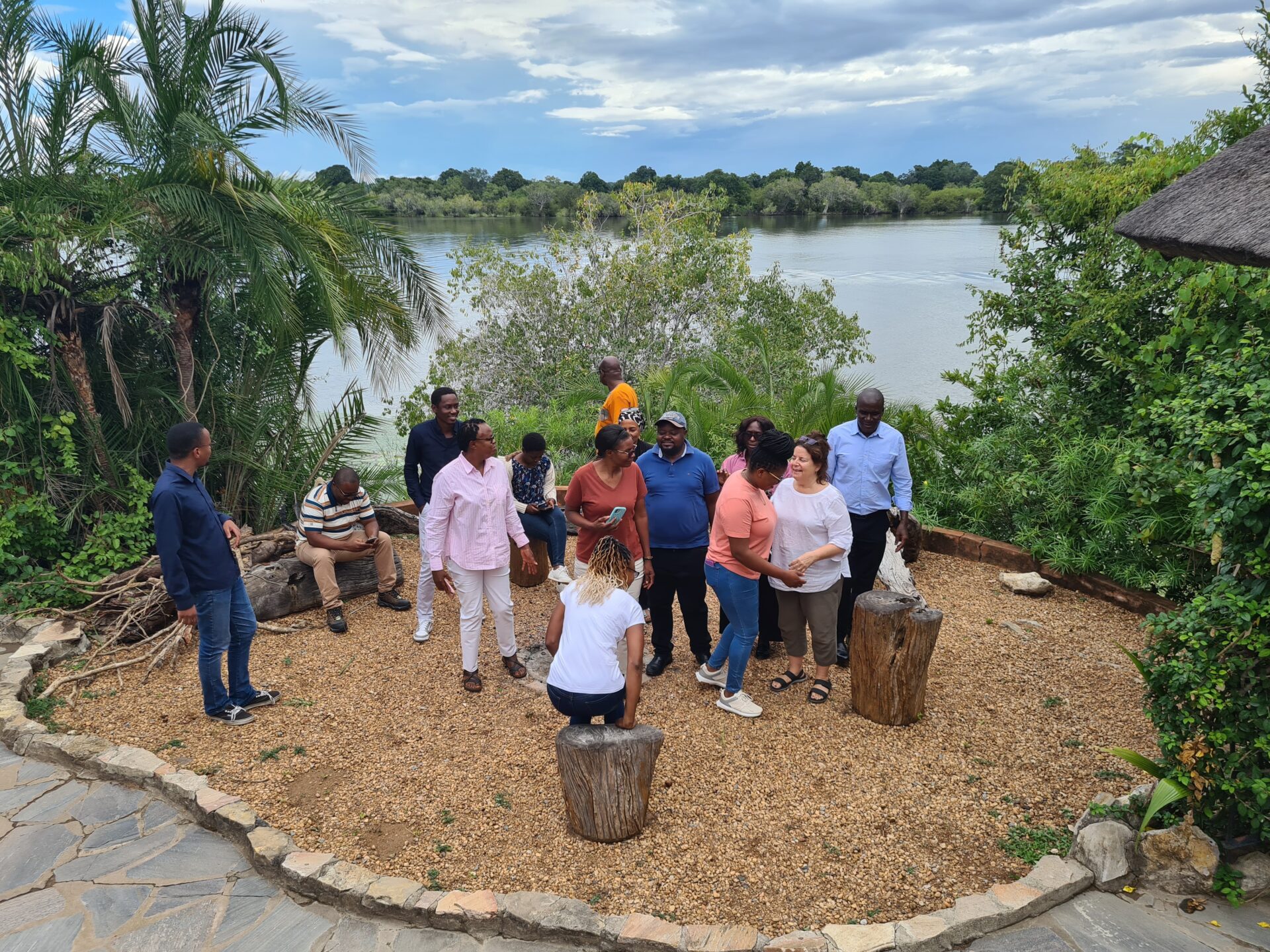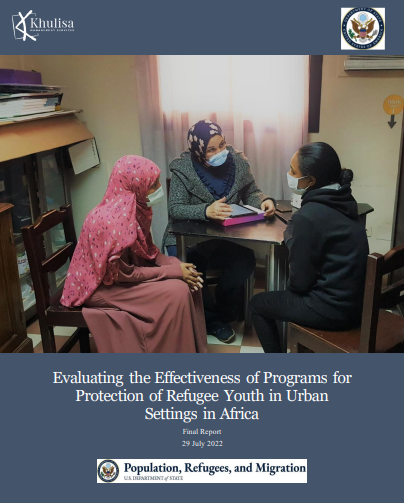Date: November 3, 2020
Photo elicitation involves using a photograph, or other visual material, in a research interview. Previously Khulisa published a blog on visual methods in #Evaluation and our team continues to be interested in effective ways to use visual methodologies in our work.
From the Journal of Extension (Sharing Knowledge, Enriching Extension) published in February 2020, one of the journal authors Rebecca Mott describe six very useful steps to consider when using photo elicitation in research interviews. Here is slightly adjusted version, extracted from the article Photo Elicitation: Useful Supplemental Tool for Qualitative Interviews with Youth:
- When inviting participants, via email she encouraged them to locate photographs they felt depicted what it meant to be a livestock producer throughout childhood (the topic researched) and explained that she would be asking them to share these photographs and describe what was happening in each photograph. Although asking for four or five photographs, all participants came to the interviews with more.
- The researcher met with each participant individually in his or her home. It’s important that the setting should be a space that is comfortable and convenient for the participant.
- During the photo elicitation activity, prompts were provided for each photograph: “Tell me about your pictures.” The follow-up question elicited more information and was phrased as “What else do you remember?”
- The researcher followed the participant’s lead as stories unfolded about the photographs, gently asking questions to guide the participant back to the topic at hand or seek clarification as needed.
- The researcher thanked the participant for the interview and scheduled a time for a follow-up interview.
- She wrote some reflective notes immediately following the activity, and summarised other notes on a recording device while driving home. These memos were referred to during the data analysis process. Subtle nuances and interesting observations can quickly be forgotten if this step is not performed immediately.


